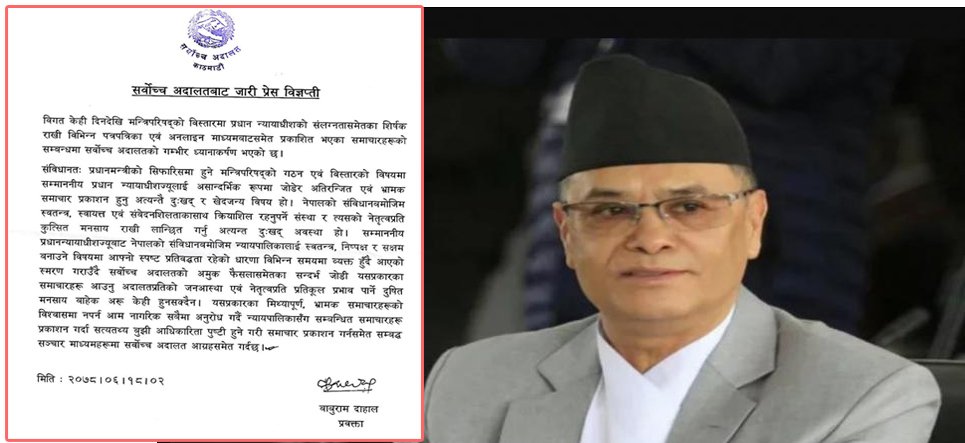On the Film "Green Book"

Liu Xiaoyong and Liu Quanding
Since its release in September 2018, the movie Green Book, has won 35 international film awards, including Best Picture at the 91st Academy Awards, as well as Best Original Screenplay, and Best Supporting Actor. Some say the film depicts the harsh living conditions of Black Americans against a background of racial discrimination. Some say the film is about the trans-racial friendship between blacks and whites. Some say the film is about the loneliness a top artist can't share. Others say the film is about the salvation of music. All of these explanations are reasonable and reflect the multidimensional aspects of the film, but they are obviously not enough to explain why this small-budget film has won worldwide recognition, including among Chinese audiences. I think the film succeeds because it raises and tries to answer the universal question of how art crosses race, class and culture.
The film takes place in the United States in the 1960s. Tony Lip is a nightclub bouncer. He spends half of his life surviving at the bottom of the experience, with the achievement of his mouth and fist "both civil and military" survival skills. He lives at the bottom of the white people of that era and he was infected with the bad habit of racial discrimination. With nightclubs closing, family-loving Tony has been forced to pawn watches and even compete in eating contests to buy presents for his wife and pay the monthly rent. When a sleepy Tony was recommended by an acquaintance to apply for a job as a chauffer-driver, he jumped at the chance, and that's where he met Dr. Don Shirley. Don Shirley was a black musician of national fame. He performed on stage at the age of three, gave a solo concert at 18, and was invited to perform at the White House twice. He also holds three doctorates in psychology, art and harmony. He is a genuine success. Normally, the upper-class black musician could have enjoyed the admiration of society, but Dr. Shirley was an idealist with a strong sense of social responsibility. Despite growing up scarred by racism, as a true musician, who believed in the power of music to break the ice of racial discrimination, he decided to take his piano trio on a pre-Christmas tour of America's most racist southern states. For safety reasons, he chose Tony, who has rich experience of low-level survival, as his driver and bodyguard. Thus, a questioning journey of "what is art for" begins.
My first question on the trip asked, can art break the ice of racial discrimination?
With the redemptions of breaking down the barriers between people through music, Dr. Shirley began his southern tour. What he harvested along the way was estrangement and confusion set off by thick clouds and heavy fog. In Hanover, Indiana, Dr. Shirley was offered a broken piano filled with trash on the grounds that "black people are not that picky." In Louisville, Kentucky, Dr. Shirley was beaten black and blue by a gang of white thugs because the dish-washer "wore a tie." In Raleigh, North Carolina, the "special guest from the North" was not allowed to use the restroom next to the hall, even if he had to wait an hour to play in the hotel bathroom. In Macon, Georgia, the tailor snatches the suit from Dr. Shirley's hand, and the police ask Tony on a rainy night, "Why are there negroes in your car?" They took Dr. Shirley into custody without mercy. All of this, in addition to leaving Dr. Shirley with scars on his face, has left him deeply confused about his tour. As a social elite with lofty moral character, he was strong and tolerant enough to believe that "only respect and discipline could help you win". He could cover the scars with black face cream again and again, laughing at the next day's journey and performance, but repeatedly he indulges in late-night drunkenness after his good intentions have been so thwarted. Is music really that powerful?
The second question I asked during his trip was, how can art break the ice of racial discrimination?
Music, for music's sake, has its own magical power to break the ice, but it does so in ways that Dr. Shirley did not expect. As far as Dr. Shirley could see, as the tour went on the greater the injustice he encountered as he went south. What Dr. Shirley could not have foreseen was that, as his dream of changing "upper class" prejudice and discrimination through music touring was finally shattered, a chance bar jam would give him a real taste of the power of music. The final stop of the tour was in Alabama, the most racist state. In an old noble manor house in Birmingham, Dr. Shirley and his party were given a grand welcome by the local nobles. However, behind the scenes Dr. Shirley was dismayed by the fact that while Dr. Shirley's white counterparts were invited to dine in the grand hall, distinguished musicians were not allowed to eat in the dining room. The owners of the manor would rather bribe Tony with $100 to take Dr. Shirley out to dinner than change the local "long-held tradition." At that moment, Dr. Shirley, who had been trying his best to restrain his emotions, was unable to calm his heart. He finally realized that it was impossible to eliminate the racial discrimination of the upper class through music. They didn't know anything about music, and inviting him to play was just "to label themselves as intellectuals." Realizing this, an angry Dr. Shirley tears up his contract and goes with Tony to the Orange Bar, which caters to colored people. It was here that Dr. Shirley discovered the true value of music, a place he had never even looked at. At the Orange Bar, encouraged by Tony, Dr. Shirley dropped his reserve.
The third question on the journey is, what does art mean to artists themselves?
The film reveals Dr. Shirley's actions through the point of view of driver Tony writing a letter to his wife about the double personality of a black artist with a conscience. This duality lies, on the one hand, in Dr. Shirley's conviction that racism, as a social disease, hurts whites as well as blacks, and that music can break down barriers between people. On the other hand, Dr. Shirley himself, a struggling black artist in a racist era, was charmed with an ingrained elitism that kept him at arm's length from the masses he sought to redeem. The effect of this dual personality on Dr. Shirley was that as a musician, he was both depressed because he could not find a way for musical salvation and he was lonely because he could not find a way to self-salvation.
The Southern tour, originally belonging to the different worlds of Tony, the driver, and Dr. Shirley using music to influence each other, by deepening understanding and trust of each other. After attending Dr. Shirley's first concert, Tony wrote to his wife, "Dear Dolores, he does not look black at all. He looks like Lady Liberty, or better. I think he is a genius." After attending Dr. Shirley's second concert, Tony wrote to his wife, "I sometimes think Dr. Shirley is unhappy and drinks a lot alone in the evening." As Tony's driver gets to know Dr. Shirley better, Tony bluntly points out Dr. Shirley's dual personality. In was released from prison after the heavy rain night, Dr Tony to sherry about the "dignity of forever According to the upper hand elite thinking highly agree with, "he said," you do not understand your compatriots is, what they eat, how they speak, they how to life, even they like to hear you little Richard (music) I don't know!" "You're a big shot who lives in his own castle and travels the world giving concerts to the rich. My world is much darker than yours!" With this awakening, Dr. Shirley finally realizes that his southern tour is about breaking the ice, and the ice inside him is harder than anyone. It was Dr. Shirley's recognition of this allowed him, in the smoky surroundings of the Orange Bar, to enjoy the fervor and flexibility of Chopin piano music with peddlers he had never known. The occasional gig at the Orange Berry was the "finest hour" of Dr. Shirley's and Tony's trip south.
In the film, Tony asks Oleg, Dr. Shirley's assistant, why Dr. Shirley should be humiliated in the South when he could be "paid three times as much" in the North. Oleg replied, "Why would Dr. Shirley do that? I tell you, talent alone is not enough. It takes a lot of courage to change people's minds." Yes, art is not just talent, and the value of art lies in the courage to change people's ideas, and the most difficult to change is the artist's own ideas. Only when art faces the public, faces itself, dares to change, and has the courage to criticize, do we find the real salvation of the public, and artists themselves will not feel lonely.
(Both the writers are Ph.D. holder from Baoji University of Arts and Sciences)
Recent News

Do not make expressions casting dout on election: EC
14 Apr, 2022
CM Bhatta says may New Year 2079 BS inspire positive thinking
14 Apr, 2022
Three new cases, 44 recoveries in 24 hours
14 Apr, 2022
689 climbers of 84 teams so far acquire permits for climbing various peaks this spring season
14 Apr, 2022
How the rising cost of living crisis is impacting Nepal
14 Apr, 2022
US military confirms an interstellar meteor collided with Earth
14 Apr, 2022
Valneva Covid vaccine approved for use in UK
14 Apr, 2022
Chair Prachanda highlights need of unity among Maoist, Communist forces
14 Apr, 2022
Ranbir Kapoor and Alia Bhatt: Bollywood toasts star couple on wedding
14 Apr, 2022
President Bhandari confers decorations (Photo Feature)
14 Apr, 2022











